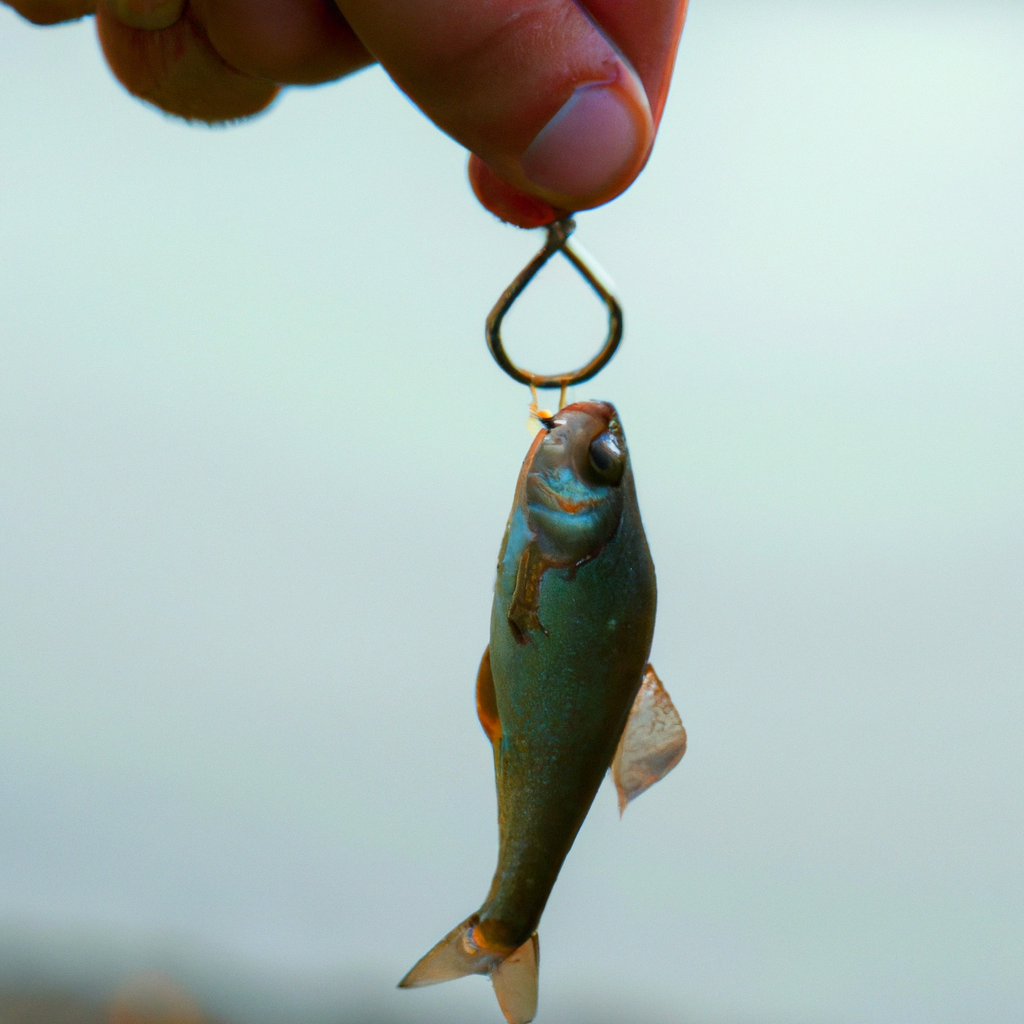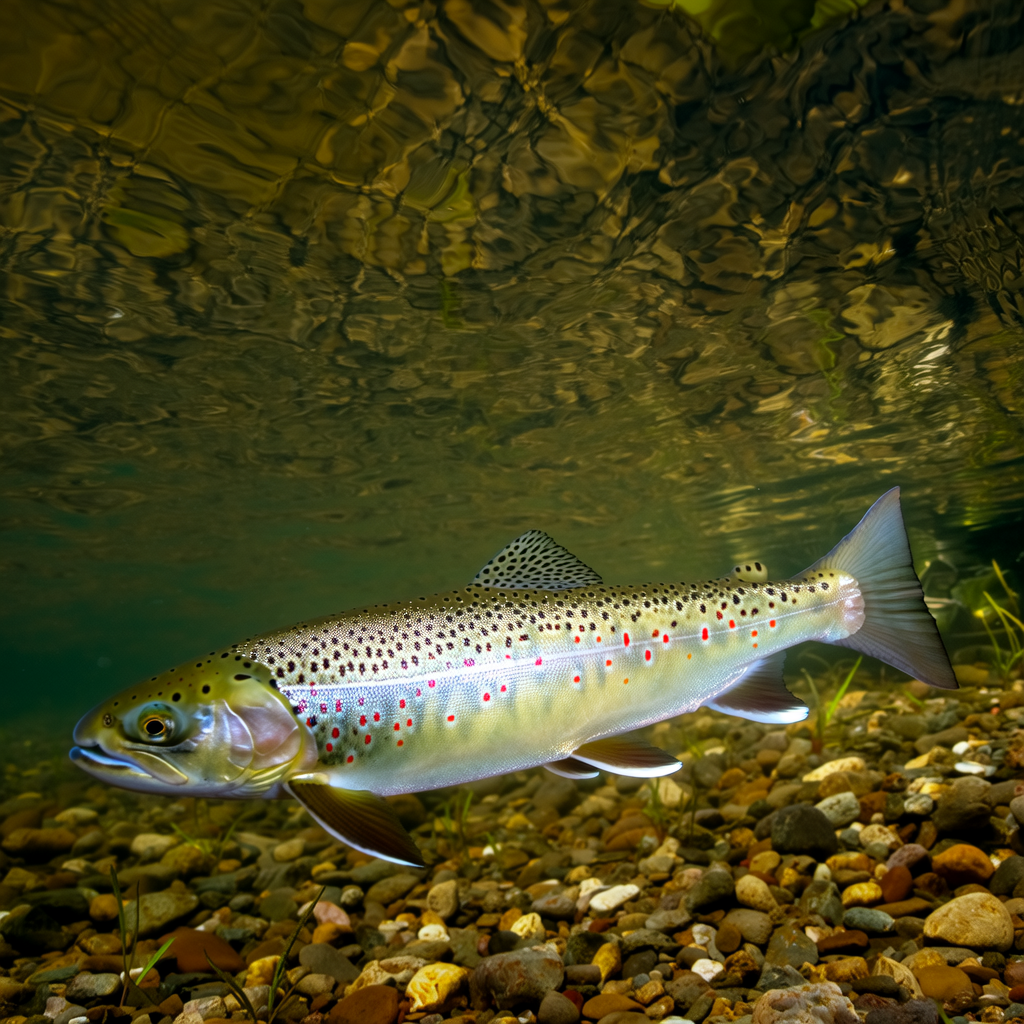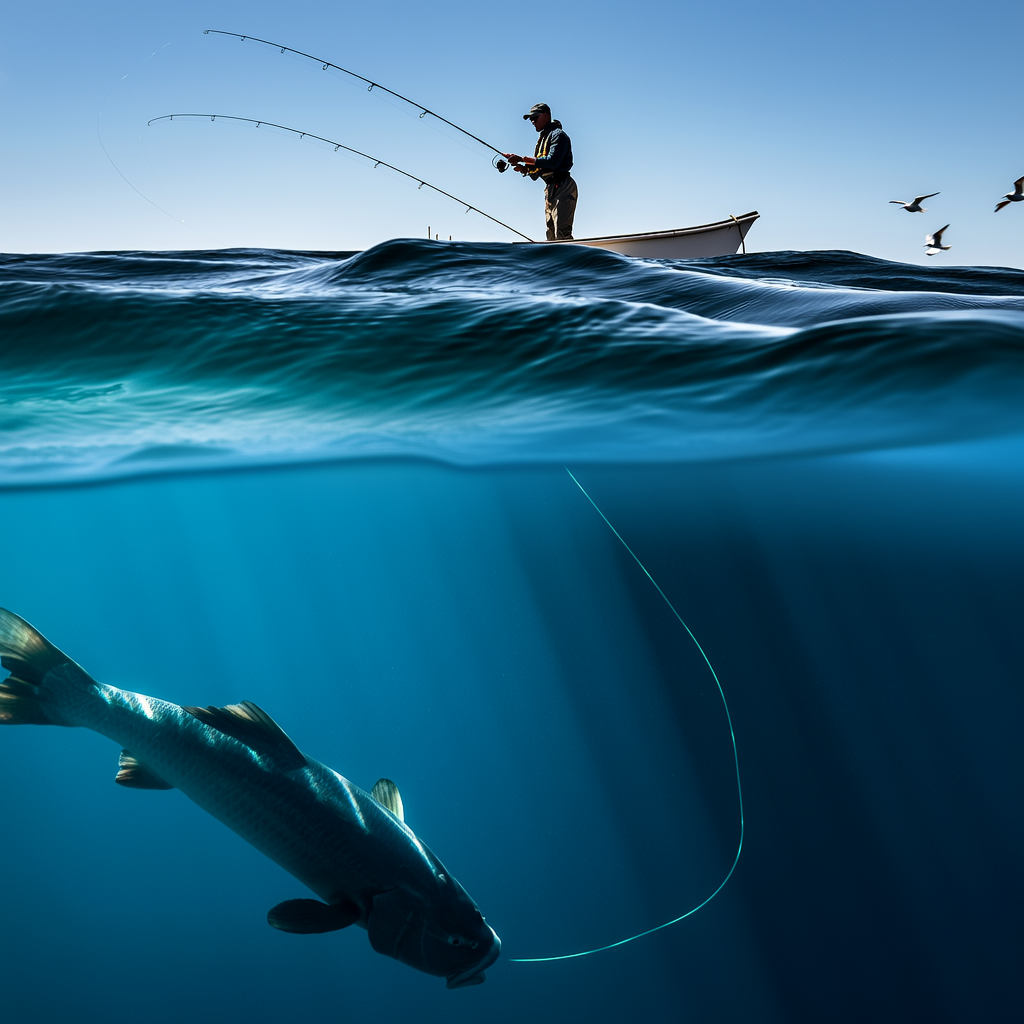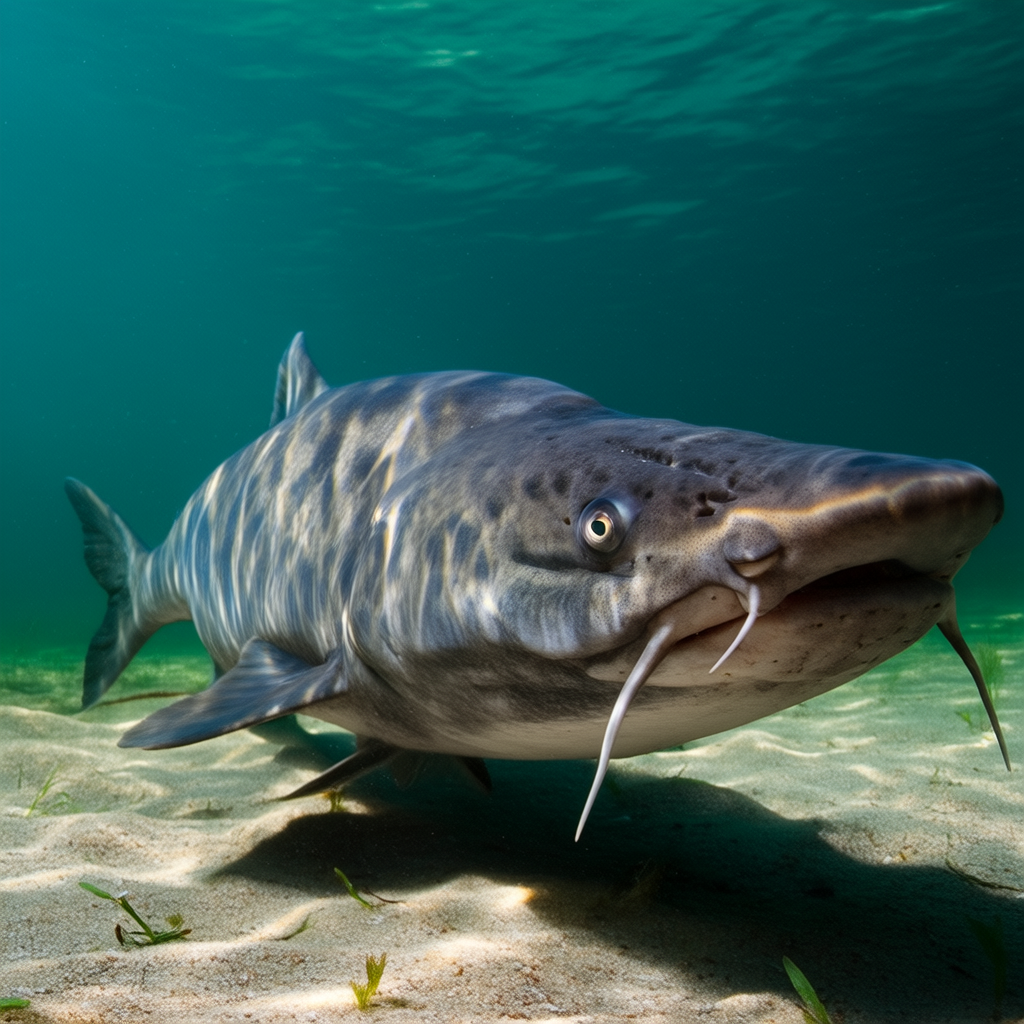You love fishing and decided to get a fishing license. Great! Wait, what does it mean to have a fishing license? Don’t worry if you don’t understand. This article will cover everything you need to know regarding a fishing license.
What is a license for fishing?
A license to fish is a permit granted by government authorities. It allows individuals or groups of people to legally fish in public waters. It regulates fishing activities to protect fish populations and aquatic species.
Why do you need a license to fish?
For several reasons, a fishing license is required. It generates revenue for government which can then be used to fund conservation and management of public waters. It also helps to control fishing and prevent illegal fishing. It also helps to ensure that the fish stocks and aquatic species are not overexploited. This can cause depletion and damage to the aquatic environment.
How do I get a fishing license?
The process for obtaining a fishing license varies from one country to another, and sometimes even from one state to the next. These are the steps that you need to follow to get a fishing license.
Step 1: Review the Requirements
Before you apply for a fishing license, be sure to review the requirements of your local authorities. These requirements could include restrictions on age, residency, or specific rules and regulations.
Step 2: Select the type of fishing license you want
You can choose from one of the many types of fishing licenses available, depending on your preferences and needs. These licenses can be used in freshwater, saltwater or combination, which allows you to fish in both saltwater and freshwater. There are also lifetime and short-term licenses.
Step 3: Buy the License
Once you have chosen the type of license that you require, you can buy the license at authorized dealers, online, offline platforms or local government offices.
Step 4: Follow the Rules & Regulations
Once you have obtained your fishing license, be sure to follow all rules and regulations. These rules may include size restrictions, catch limits, fishing seasons, and other restrictions. These rules can be followed to help preserve public waters’ natural resources.
Benefits of a Fishing License
A fishing license can offer many benefits. These include:
Benefit 1: Legal Protection
A fishing license provides legal protection. You can avoid heavy fines and prosecution if fishing illegally.
Benefit 2: More fishing opportunities
A fishing license allows you to access more fishing opportunities in public waterways. A license allows you to fish in certain areas, such as national parks, conservation areas or private properties that require permits.
Benefit 3: Conservation of Aquatic Resources
A fishing license helps to conserve aquatic resources by funding management and conservation efforts. This means that you can help preserve the health, diversity and abundance of fish populations, while preventing them from becoming overexploited.
Conclusion
Any angler who wishes to legally fish in public waters must have a license for fishing. You can help protect our natural resources and enjoy your favorite pastime by getting a license.
It is simple to obtain a fishing license. Other benefits include legal protection, more fishing opportunities, and conservation efforts for aquatic resources. Why wait? So why wait? Get your fishing license today and enjoy your favorite pastime while conserving our natural resources.
Happy fishing!




